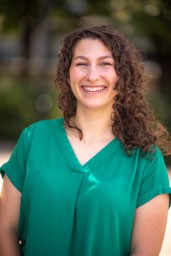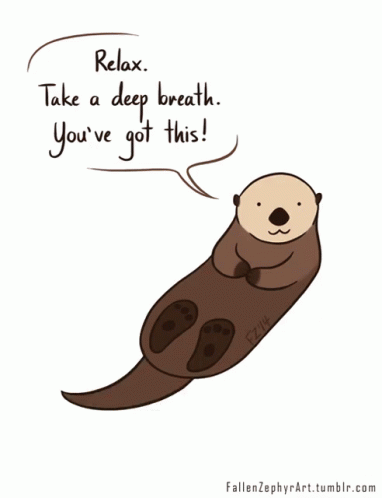As part of National School Counseling Week, we’re excited to highlight the incredible work of Roanoke College’s counseling team. These dedicated professionals provide essential support to students, helping them navigate challenges, prioritize mental health, and make the most of their college experience.


Meet Some of Our Counselors
Mollie Guzo (right) and Callie Bingen (left), two of Roanoke College’s counselors, bring unique experiences and deep passion to their roles. Both were drawn to counseling out of a desire to help others, particularly young adults navigating the transitional period of college. Mollie’s career has included work in inpatient psychiatric hospitals, community service boards, and private practice, but she has always been particularly drawn to late adolescents and young adults. Callie, on the other hand, realized early in her undergraduate career that college students needed greater mental health support, which set her on a path to becoming a college counselor.
The Rewards of Counseling
For both Mollie and Callie, the most rewarding part of their work is seeing students grow and transform throughout their time at Roanoke. Witnessing students gain confidence, build resilience, and make progress in their mental health journeys reinforces the importance of their work. Callie describes counseling as being about “the small victories”—the daily wins that show meaningful progress in a student’s well-being.
The Impact of Counseling
While no single moment defines their work, both counselors emphasize how rewarding it is to hear from students about how counseling has positively impacted their lives. The ability to connect with students, hear their stories, and be part of their journey is something they deeply value.
Taking Care of Mental Health
Supporting others requires prioritizing self-care, and both Mollie and Callie practice what they preach. Mollie recharges by spending time outdoors, sustainable farming, traveling, attending live music events, and connecting with friends and family. Callie makes sure to maintain healthy habits, such as exercising, spending time outside, getting good sleep, and engaging in hobbies like reading and crocheting.
What Students Should Know
One of the biggest messages both counselors want students to understand is that counseling is for everyone—no concern is too small. Seeking support is a sign of strength, not weakness. Roanoke College offers in-person counseling as well as 24/7 access to a counselor through TimelyCare, which students can use even during breaks.
Looking Ahead
Both Mollie and Callie are committed to growing and evolving the counseling program to meet students’ changing needs. Their goal is to make mental health support feel as accessible, safe, and welcoming as possible for every student.
This National School Counseling Week, we celebrate and appreciate the work of our counseling team. Their dedication, empathy, and expertise play a vital role in supporting our students, and we encourage everyone to take advantage of the valuable resources they offer!
Get Connected!
Blog: https://psych.pages.roanoke.edu/
Facebook: https://www.facebook.com/rcpsychology
Linked In: https://www.linkedin.com/groups/RC-Psychology-8140491/about
Website: http://www.roanoke.edu/inside/a-z_index/psychology
Instagram: rcpsychology

